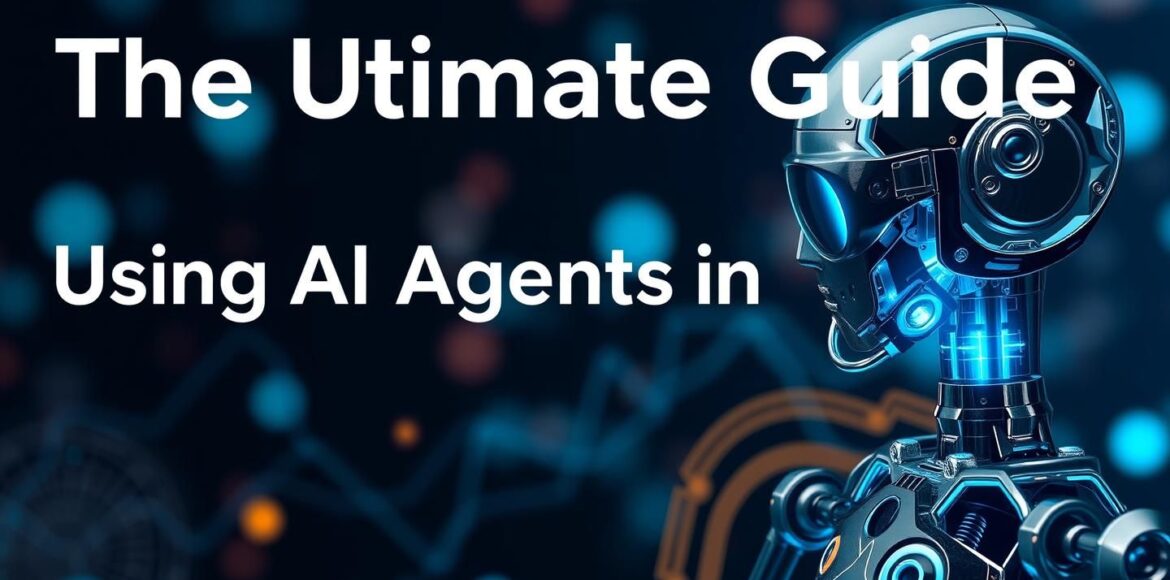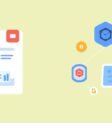
The Ultimate Guide to Using AI Agents in Marketing
Artificial Intelligence (AI) agents are revolutionizing the marketing landscape, offering unparalleled opportunities to optimize campaigns, personalize customer experiences, and drive sales. This guide explores how marketers can harness AI agents effectively, outlining their key benefits and practical applications to transform marketing strategies.
Understanding AI Agents and Their Role in Marketing
AI agents are autonomous software programs capable of performing tasks such as data analysis, customer interaction, and decision-making with minimal human intervention. In marketing, they act as intelligent assistants that can analyze vast amounts of data, predict customer behavior, and automate repetitive tasks, making campaigns more efficient and targeted.
One of the core strengths of AI agents lies in their ability to process and interpret customer data from multiple channels—including social media, email, and website behavior—to create precise customer profiles. This deep learning enables marketers to segment audiences more effectively and deliver personalized content at scale.
- Predictive Analytics: AI agents forecast trends and customer preferences, allowing preemptive adjustments to campaigns for maximum impact.
- Behavioral Automation: From sending personalized emails to retargeting ads based on individual actions, AI agents automate marketing workflows to boost engagement.
- Real-Time Customer Interaction: Through chatbots and virtual assistants, AI agents offer instant, personalized support, enhancing customer satisfaction.
Implementing AI Agents in Marketing Strategies
Integrating AI agents into marketing requires a strategic approach that aligns with overall business goals. Initially, companies should identify repetitive or data-intensive marketing tasks suitable for automation or AI-driven enhancement.
Steps to implement AI agents effectively:
- Data Preparation: Gather quality, well-organized customer data to train AI agents accurately.
- Define Objectives: Specify clear, measurable goals such as improving lead generation, increasing conversion rates, or enhancing customer retention.
- Select Appropriate AI Tools: Choose platforms or vendors offering AI capabilities tailored to your marketing needs, such as natural language processing for chatbots or predictive modeling software.
- Test and Optimize: Continuously monitor AI agent performance and refine algorithms to improve outcomes.
One practical example is leveraging AI-powered content creation tools that help produce SEO-optimized blog posts or social media updates rapidly, freeing marketers to focus on strategy. Additionally, AI agents can assess customer feedback sentiment to adjust messaging dynamically, ensuring campaigns remain relevant and resonant.
Ethical considerations are equally important; marketers must ensure transparency about AI interactions with customers and uphold data privacy standards to maintain trust.
Conclusion
AI agents represent a transformative force in marketing by enabling deeper customer insights, greater personalization, and more efficient campaign management. By understanding their capabilities and strategically deploying them, marketers can unlock new growth opportunities and drive superior results. Embracing AI doesn’t just streamline processes—it empowers smarter, more impactful marketing in today’s competitive landscape.






